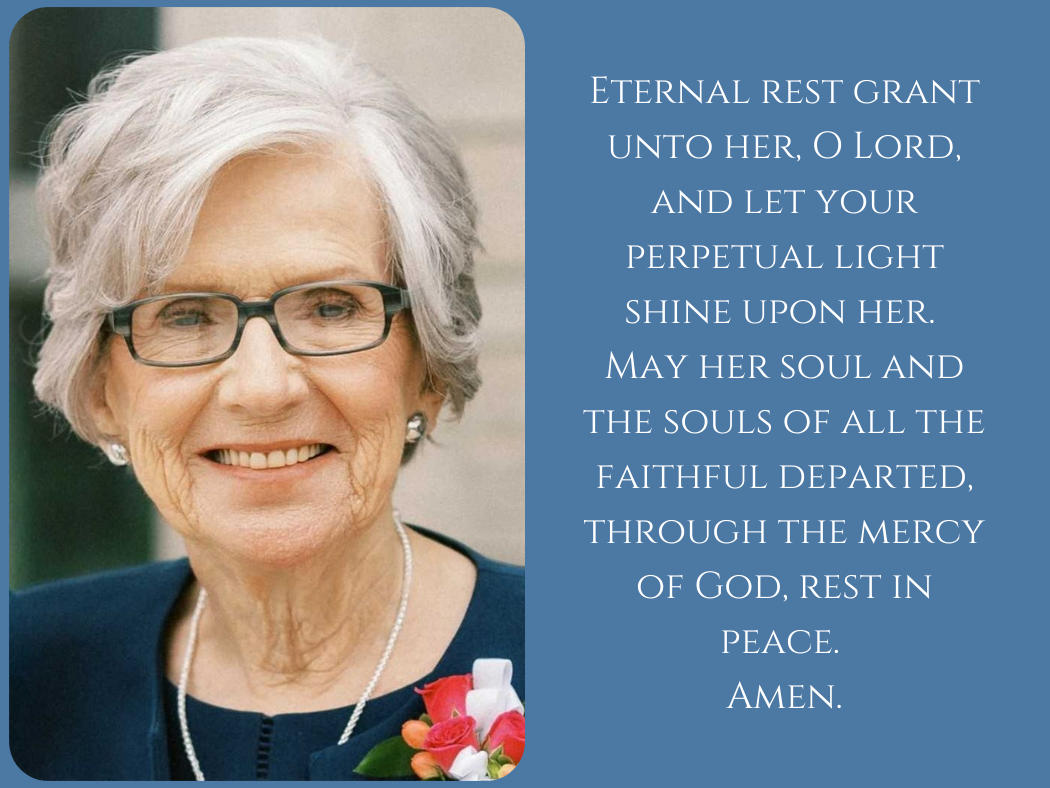19th Sunday in Ordinary Time
Faith and Understanding
Over the summer, I’ve spent some of my ‘extra’ time re-reading the Catechism of the Catholic Church. I’m not quite done yet. Like the Scriptures, we can’t just read & study such a text once and think we have it all figured out. Return to the sources – one of the great cries of the Second Vatican Council, in part means looking at our most basic texts, experiences, and expressions of God’s Divine Revelation anew. I’ve read the Bible numerous times. In 16-years of priesthood, I’ve preached on the daily & Sunday cycle of readings 8 and 5 times respectively. And those cycle of readings cover nearly 85% of the whole of the Bible. Each time, there is something else to find in God’s Revelation. This is true in a certain sense with the Catechism. While it is not divinely revealed in the same way that Scriptures are, we Catholics hold that the Catechisms is a sound & solid deposit of the Sacred Tradition of the Faith, which is part of God’s Revelation. We hold that God’s Divine Revelation is not just in the Book (or books) of the Bible, but in Scripture AND Tradition. The Prophets of the Old Testament, Jesus & the Apostles of the New Testament, did not merely write. They preached, taught, formed orally & in-person. And so, our Faith rests upon the two expression of Scripture & Tradition to experience the fullness of God’s Revelation.
We accept the Scriptures & Tradition because the One who tells us is reputable, reliable & true – God! Certainly, fallible humans have assisted in the transmission under the guidance & protection of the Holy Spirit. But we hold such transmissions to be True because we equally trust that God is truthful. He has no desire to mislead or misdirect us. In fact, we hold that God is incapable of being deceptive or deceitful. God is Truth, as much as God is Love, Mercy, & All-Powerful.
As school is resuming for so many of our young people, I am reminded of this understanding of Faith. Our children will fill desks & classrooms & activities receptive of new content, learning, & understanding. They will accept – more or less – that what their teachers present to them is true. Teachers (generally) want what is good for their students. They don’t want to mislead or misdirect. They don’t strive to be dishonest or deceptive. Doing so would break down the needed & necessary trust factor and therefore stymie the very possibility of learning. And in this way, the general learning in every classroom is a kind of faith. The student has to trust that what the teacher is telling them is true. Now, much of what any one particular teacher presents could be verified by other means or by other people etc. As such, the learning is not merely ‘faith’ as we speak of it in the religious realm; yet, that kind of experience can help us as we reflect on our own experience of religious faith. Think back on your teachers. Would you have learned what you did, as well & effectively, if you’d not trusted them? If you’d had to go independently verify every fact or truth claim? I suspect not. And generally, at least in my experience, I learned by much repeated experience that my teachers were, in fact, trustworthy. That what they told me, was in fact, generally & to the best of their abilities, the truth. That set me up to accept more readily what they taught next.
Now think of Jesus – the Good Teacher. Think of Paul the Evangelist. Peter the First of the Apostles. Even Moses the Old Testament Law-Giver. Do we trust them? Do we trust their writings? Similarly, do we trust what subsequent Christians have handed on? Granted, we don’t know all of them personally. We’ve not had the opportunity to develop through repeated experience that all were trustworthy. Yet, the Catechism, especially under the added charism of the Magisterium, is the collective truths of trustworthy Catholic Christians who have gone before us. It summarizes and expresses the ways that prior Christians have experience God’s Divine Revelation in Scripture & Tradition and responded by lived discipleship. It serves as a sound source for you and me – and all persons open to greater understanding to grow in Faith. Studying what Christians have believed, taught, & formulated before us, helps us today to believe, teach & express our Faith. We can do this, and, in fact, we do ‘do this’ precisely because they are trustworthy. Because their lives give testimony to the truth they tried to live. All of this is an active engagement with God and God’s Revelation. And it is mediated by the Church in & through Her members who went before and are present today in you. The Catechism pronounces: “In faith, the human intellect and will co-operate with divine grace: ‘Believing is an act of the intellect assenting to the divine truth by command of the will moved by God through grace’” (CCC 155). So faith & understanding are united & mutually strengthening. Additionally, the Catechism quotes St Augustine: “I believe [have Faith], in order to understand; and I understand, the better to believe [have Faith]." (CCC 158). Let’s all keep trusting, so as to keep the learning, so as to keep the Faith!
Nothing Less than saints for the Holy Family of God.
Holy Family, Learning God’s Plan for Salvation, Pray for us.
~ Fr Jeremy M. Gries




